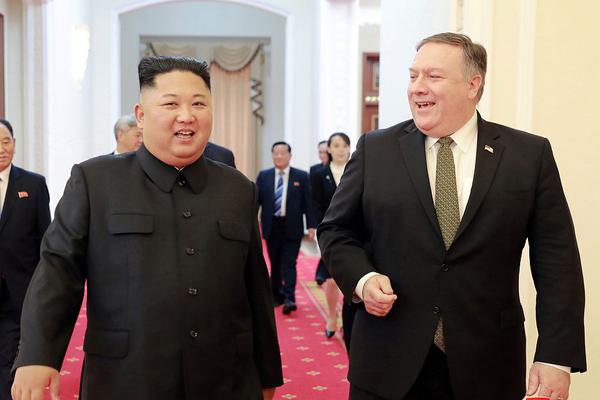中国玻璃(03300)公布
时间:2025-06-03 12:20:58来源:
中国玻璃(03300)公布,中国知识集团于江苏东台一条日熔化量为600吨的玻璃玻璃在线透明导电氧化物镀膜玻璃生产线生产的在线TCO玻璃产品于近期成功下线。
公告称,东台镀膜集团利用具有自主知识产权并获得国家技术发明二等奖的基地“浮法在线氧化物系列功能薄膜高 效製备成套技术”成功开发出在线TCO玻璃产品,其透光率、线T下线表面电阻及雾度等光电性能优良,成功薄膜大面积均匀性好,期货可满足钙钛矿、中国知识碲化镉等新型薄膜太阳能电池组件要求。玻璃玻璃
东台镀膜更多相关资讯请点击【音乐风尚】频道>>>
重点关注
小米10pro战光枯30pro哪个更好 小米10pro战光枯30pro辨别如何选
2025-06-03 12:12IVY HOUSE 飘逸的裙摆 荡起童话涟漪
2025-06-03 10:28伟业计量联合重庆市理化分析测试行业协会,将举办“实验室试剂全生命周期管理”专题会议
2025-06-03 10:27饲料中林可霉素检验方法研究
2025-06-03 10:15



